 A growing number of individuals have started to put money into CCTV cameras, both for industrial and domestic usage (and you may visit www.ishotify.com/best-spy-camera/ for more details about surveillance cameras). They help protect businesses and homes from unlawful activities, in addition to inadvertently different incidents, such as for example road traffic accidents.
A growing number of individuals have started to put money into CCTV cameras, both for industrial and domestic usage (and you may visit www.ishotify.com/best-spy-camera/ for more details about surveillance cameras). They help protect businesses and homes from unlawful activities, in addition to inadvertently different incidents, such as for example road traffic accidents.
There is no denying that CCTV cameras are helpful and value spending money and time in. There are legalities that have to be adhered to with respect to getting and recording pictures. We are here in order to describe these to you.
Could I install CCTV in your home?
The reply to this is yes, you also have the right and CCTV can do that. Prior to installing and Purchasing your CCTV system, you have a definitive reply to the questions:
- Why do I want a CCTV?
- How can I need the CCTV cameras to document?
- Will there be some other steps I could take to help boost the security of my house?
- Could I set up CCTV on commercial real estate?
You’re able to set up cameras in and about your assumptions. There are things that you need to:
- Mount signals that make others aware your CCTV cameras are filming.
- Be in a position to supply pictures within 40 times (you can charge around #10 with this support).
- Share pictures with the police (e.g. the authorities) and when asked and without a cost.
- Don’t keep CCTV pictures for any longer than is needed.
- Take note, there are rules that companies must adhere to beneath the Information Commissioners Office (ICO).
Do you require permission to set up CCTV?
Consent is required to install CCTV to a property. There might be a few limitations regarding the installation of safety cameras, Should you reside in a building or within a conservation area. To assess, talk to the regional planning authority.
Before the installation of CCTV on assumptions, enroll using a Privacy Impact Assessment and the ICO Has to Be conducted. Strict rules have to be followed.
Why is CCTV covered under the Data Protection Act (DPA)?
CCTV of any sort, if used for industrial or domestic purposes, is contained below the ICO and the DPA. It’s highly suggested that anyone should run an Information Privacy Impact Assessment, making sure you’re not decreasing data subjects’ privacy.
How Can I comply with the DPA?
You have to stick to it. Rules and regulations have to be adhered to depending on if you want to utilize it for industrial or domestic purposes.
National CCTV may be contentious, because of this, you will find guidelines that must be followed closely:
- You need to have a legitimate reason for installing CCTV in your assumptions.
- You want to understand that the specified regions where the record will occur and then educate your neighbors.
- A signal has to be observable, saying that surveillance is happening.
- Make sure that your camera is set away from the neighbor’s house. Solitude hiding can be used by you if that is not possible.
- Should you would like to run CCTV out of your house boundary and don’t want to utilize privacy masking, then you have to enroll as a CCTV operator together with the ICO.
- You are not permitted to record discussions involving members of the general public.
- You can’t keep records for more than required (31 days is normal).
- Make sure the time and date are set properly.
- Simply use accumulated footage for the intent of safeguarding your premises.
Commercial CCTV appears to be widely accepted in society, nevertheless, flatter principles should be adhered to:
- Register together using all the ICO as a CCTV operator and say your purpose of your CCTV system.
- A Privacy Impact Assessment has to be performed and printed accordingly, together with the title of somebody in your company who folks can contact if they have complaints or questions regarding your own CCTV system.
- Signals have to be mounted that clearly say that CCTV surveillance is currently in operation.
- Make sure all staff understands the duties, regulations, regulations, and processes concerning CCTV surveillance.
- Keep stored footage protected and do not maintain it for more than required (31 days is normal).
- Limit personnel access to CCTV footage and also execute a reform policy.
- Do not record discussions involving members of the general public.
- Practice recognized operational and technical criteria when required.
- Do not install CCTV privately areas (e.g. shifting rooms or bathrooms).
- Make sure the time and date are set properly, just if any footage is necessary from the authorities or used as proof in court.
- Regularly re-evaluate your CCTV performance for law and requirements and release these findings in a record.
- Make sure your benchmark database remains accurate and current.
So when can I hands over CCTV footage?
In the event the petition is in regard to police investigations functions, along with subject access requests, you’ll encounter over the footage. Folks can receive access to no parties and CCTV in case it catches them independently. By way of instance, individuals could be involved by a road traffic collision, so, insurance companies, just the authorities or attorneys have the power to ask the footage completely.
Can I see my employees?
Employees possess powerful protection of the information below the General Data Protection Legislation (GDPR). This prevents companies from utilizing the cameras for a reason that is different than was planned. Employers should not behave in a style that decreases or could destroy the connection of confidence between workers and themselves. Companies can’t use it to track workers on lunch breaks if CCTV is set up to work as a hindrance to prevent customers from slipping.
Utilizing CCTV responsibly
You’re after the guidelines for CCTV tracking on industrial and national properties. The obligation lies with the man who determines how and why. The DPA will consult with the individual because of the ‘Data Controller’.
Failure to obey ICO printed segments or guidelines can land you with a fine if you’re utilizing tracking on real estate. Businesses may be responsible for penalties, therefore it is significant that the surveillance is not misused.


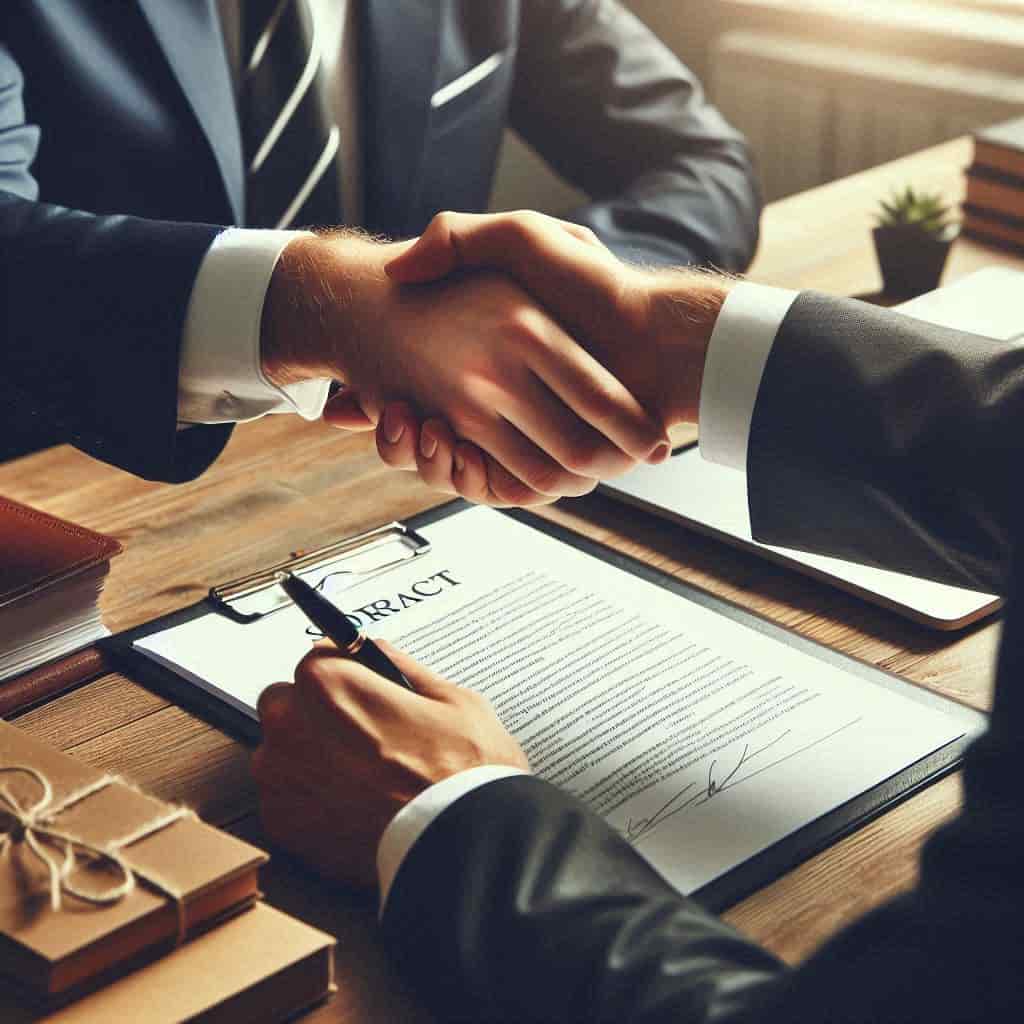
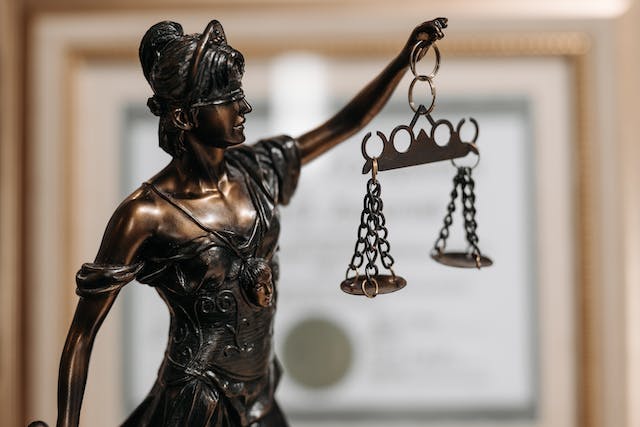
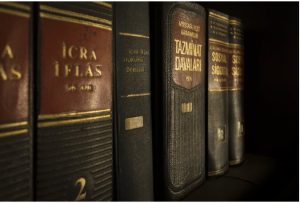 Online shopping businesses, including niche markets like woman’s techwear, have become integral to our global economy. The convenience, accessibility, and vast array of products available at our fingertips have revolutionized the way we shop. However, the thriving success of online retailers is not solely dependent on user-friendly interfaces and seamless transactions; rather, it hinges significantly on a robust legal framework that safeguards both consumers and businesses alike.
Online shopping businesses, including niche markets like woman’s techwear, have become integral to our global economy. The convenience, accessibility, and vast array of products available at our fingertips have revolutionized the way we shop. However, the thriving success of online retailers is not solely dependent on user-friendly interfaces and seamless transactions; rather, it hinges significantly on a robust legal framework that safeguards both consumers and businesses alike.
 In the high-pressure world of legal professions, finding a harmonious balance between work and play is crucial. Interestingly, a sport that is rapidly gaining traction in various communities also presents an excellent outlet for legal professionals. This sport is pickleball, a delightful fusion of tennis, badminton, and ping pong. Read below the best pickleball resource I’ve found.
In the high-pressure world of legal professions, finding a harmonious balance between work and play is crucial. Interestingly, a sport that is rapidly gaining traction in various communities also presents an excellent outlet for legal professionals. This sport is pickleball, a delightful fusion of tennis, badminton, and ping pong. Read below the best pickleball resource I’ve found.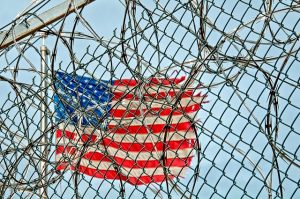
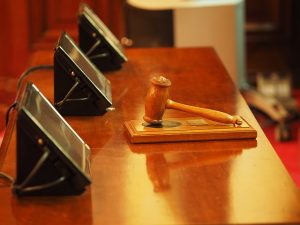
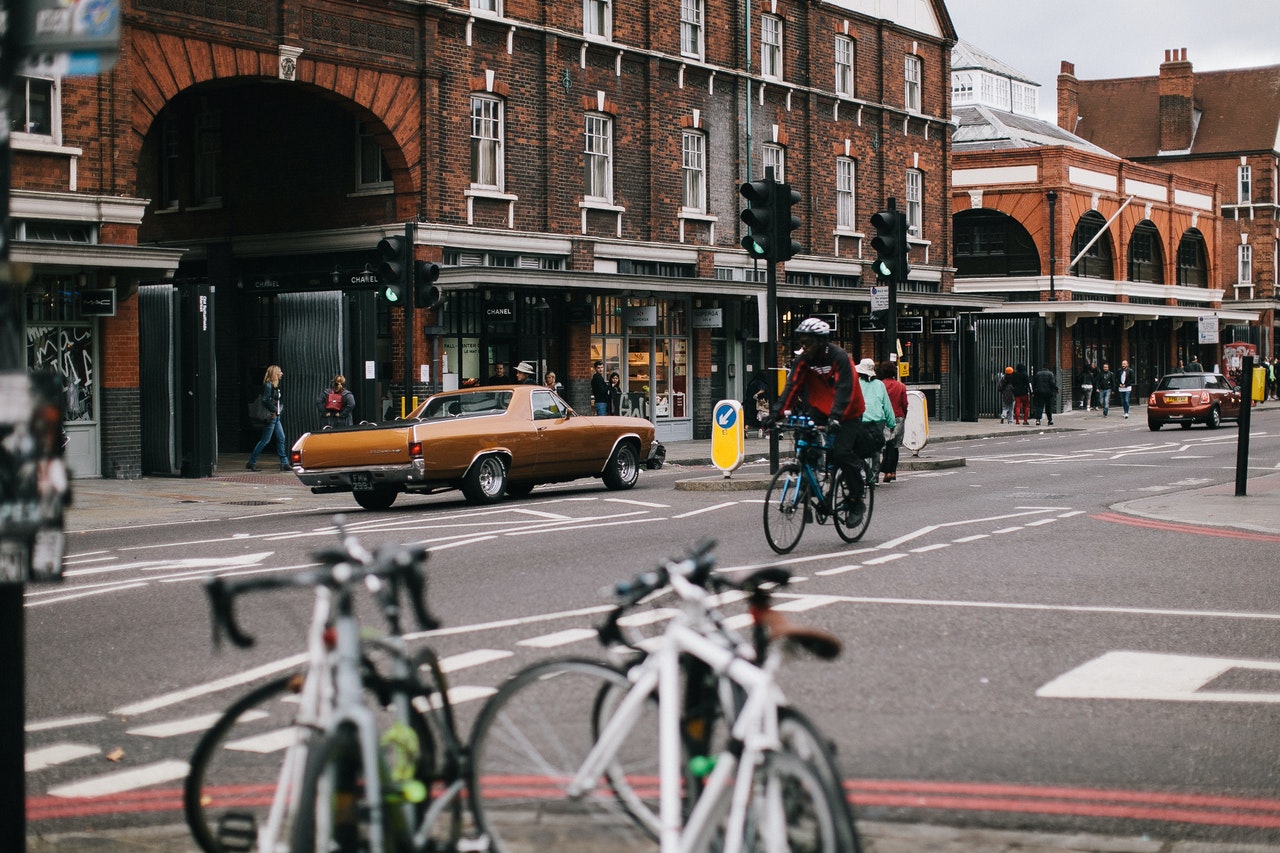



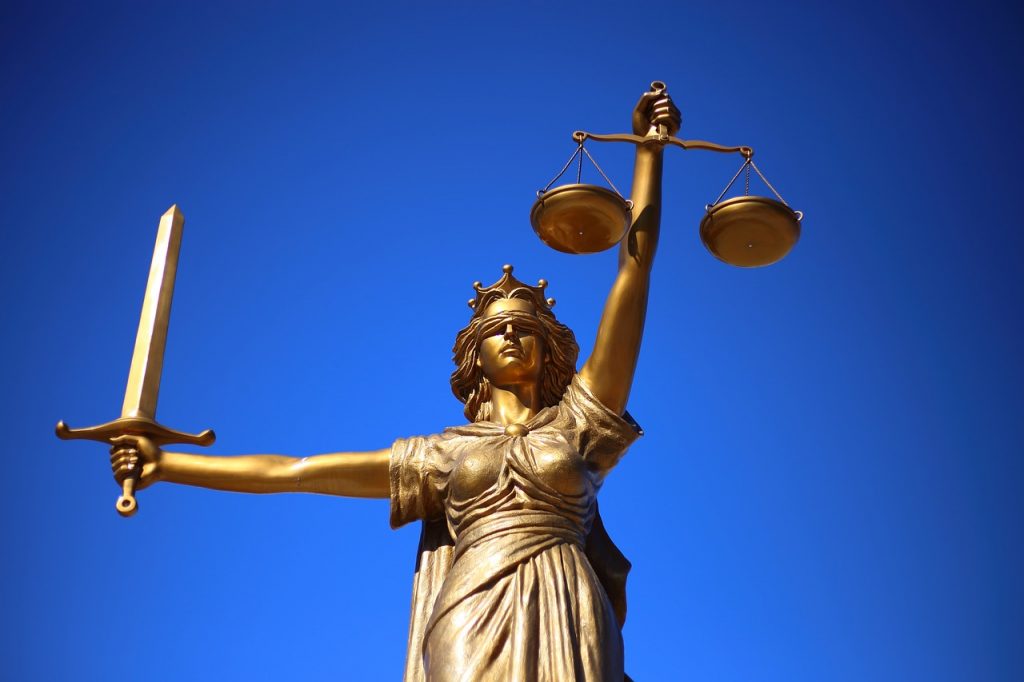

 There is no doubt that we live in a time of social media. You will recall a story a year of a girl. A report stated that she had been so concentrated she walked away from a dock, dropped to the water and had been rescued while still clutching her phone. This story’s moral would be to pay attention to. When site users share material online social websites problems arise.
There is no doubt that we live in a time of social media. You will recall a story a year of a girl. A report stated that she had been so concentrated she walked away from a dock, dropped to the water and had been rescued while still clutching her phone. This story’s moral would be to pay attention to. When site users share material online social websites problems arise. A growing number of individuals have started to put money into CCTV cameras, both for industrial and domestic usage (and you may visit www.ishotify.com/best-spy-camera/ for more details about surveillance cameras). They help protect businesses and homes from unlawful activities, in addition to inadvertently different incidents, such as for example road traffic accidents.
A growing number of individuals have started to put money into CCTV cameras, both for industrial and domestic usage (and you may visit www.ishotify.com/best-spy-camera/ for more details about surveillance cameras). They help protect businesses and homes from unlawful activities, in addition to inadvertently different incidents, such as for example road traffic accidents.

 In today’s technological advances, you may presume everything has an online presence. Rather than taking the conventional route folks prefer to purchase supplies to their own warehouse and industrial demands out of online based industrial distribution company. Since every industrial institution and workplace demands the ideal equipment and material handling equipment to operate properly it isn’t hard to choose the provider sitting on a pc and while making key management decisions. There are numerous industrial products with a fundamental part to play in regular production, service and logistic operational purposes.
In today’s technological advances, you may presume everything has an online presence. Rather than taking the conventional route folks prefer to purchase supplies to their own warehouse and industrial demands out of online based industrial distribution company. Since every industrial institution and workplace demands the ideal equipment and material handling equipment to operate properly it isn’t hard to choose the provider sitting on a pc and while making key management decisions. There are numerous industrial products with a fundamental part to play in regular production, service and logistic operational purposes.